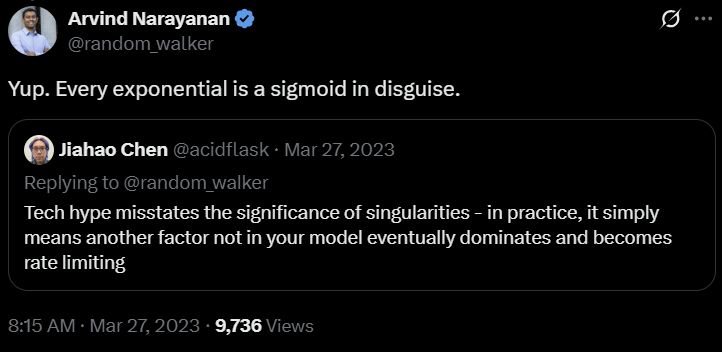Matt Scherer
@matthewus.bsky.social
570 followers
34 following
31 posts
Workers' Technology Rights advocate @ Center for Democracy & Technology. Posts reflect my own views, not CDT’s.
Posts
Media
Videos
Starter Packs
Pinned
Matt Scherer
@matthewus.bsky.social
· May 8
Reposted by Matt Scherer
Reposted by Matt Scherer
Reposted by Matt Scherer
Evan Greer
@evangreer.bsky.social
· Jun 16
Matt Scherer
@matthewus.bsky.social
· May 18
Matt Scherer
@matthewus.bsky.social
· May 18
Matt Scherer
@matthewus.bsky.social
· May 18
Matt Scherer
@matthewus.bsky.social
· May 18
Matt Scherer
@matthewus.bsky.social
· May 18
Matt Scherer
@matthewus.bsky.social
· May 18
Matt Scherer
@matthewus.bsky.social
· May 18
Matt Scherer
@matthewus.bsky.social
· May 12
Matt Scherer
@matthewus.bsky.social
· May 9
Matt Scherer
@matthewus.bsky.social
· May 9
Matt Scherer
@matthewus.bsky.social
· May 9
Matt Scherer
@matthewus.bsky.social
· May 8
Matt Scherer
@matthewus.bsky.social
· May 8









